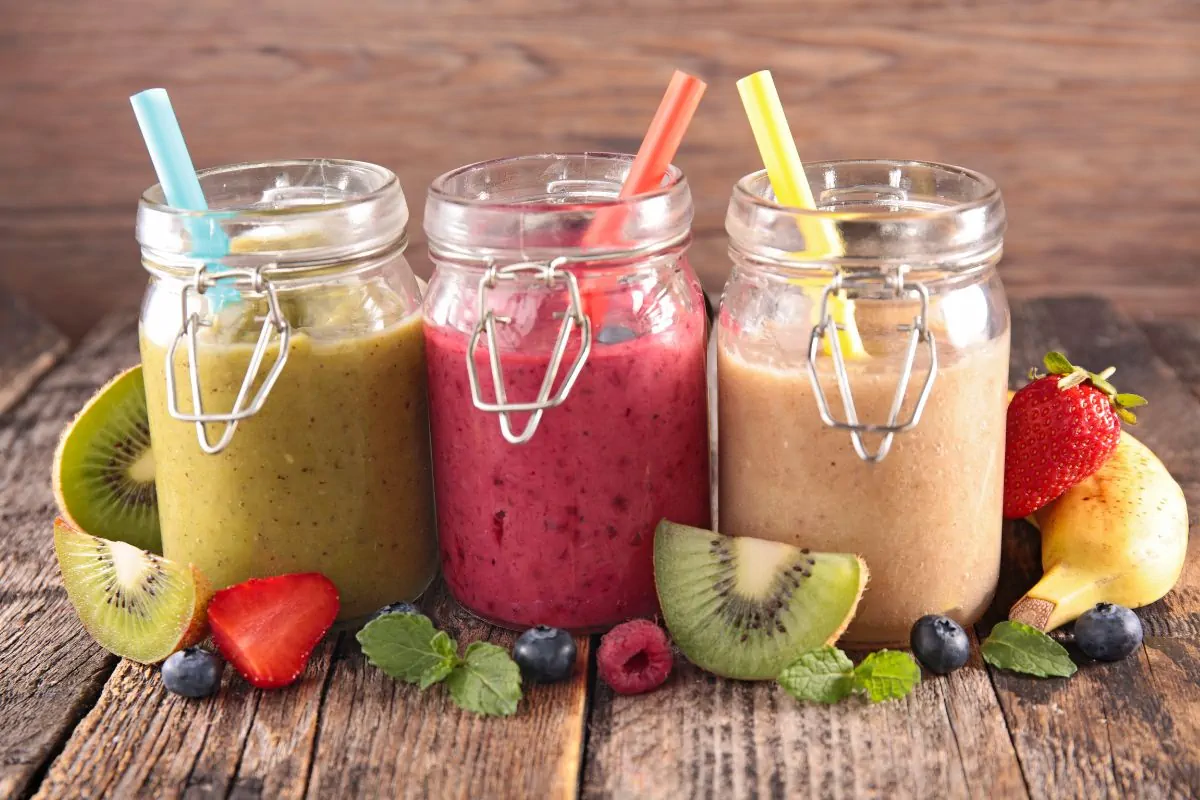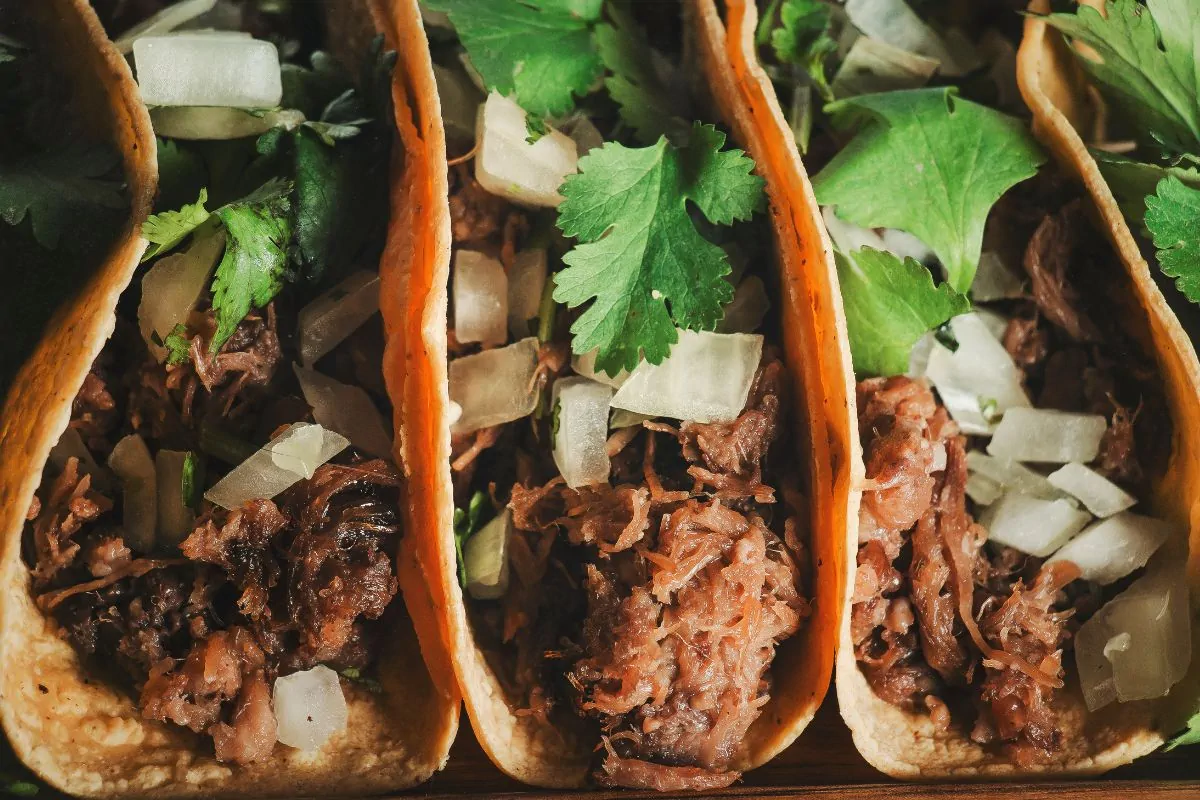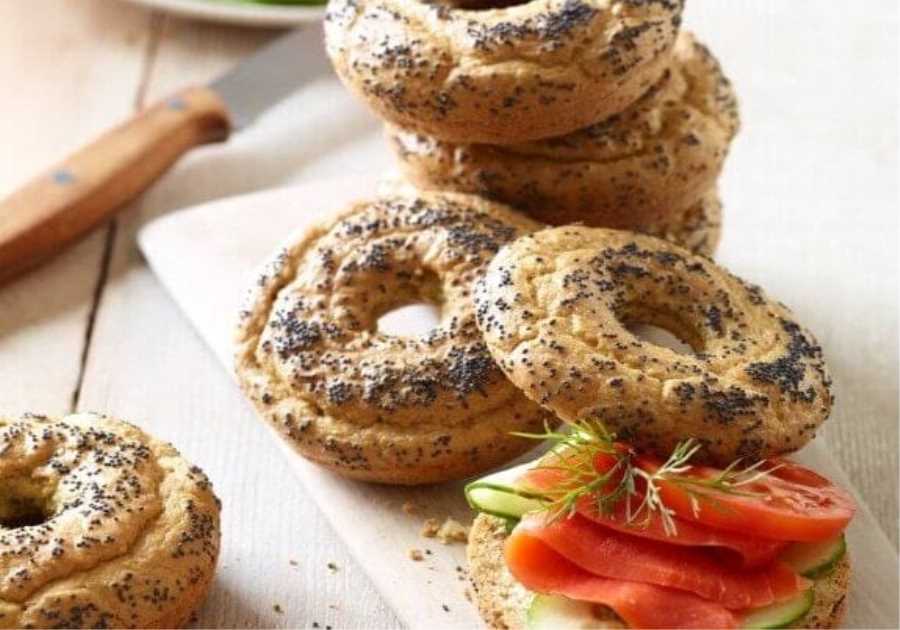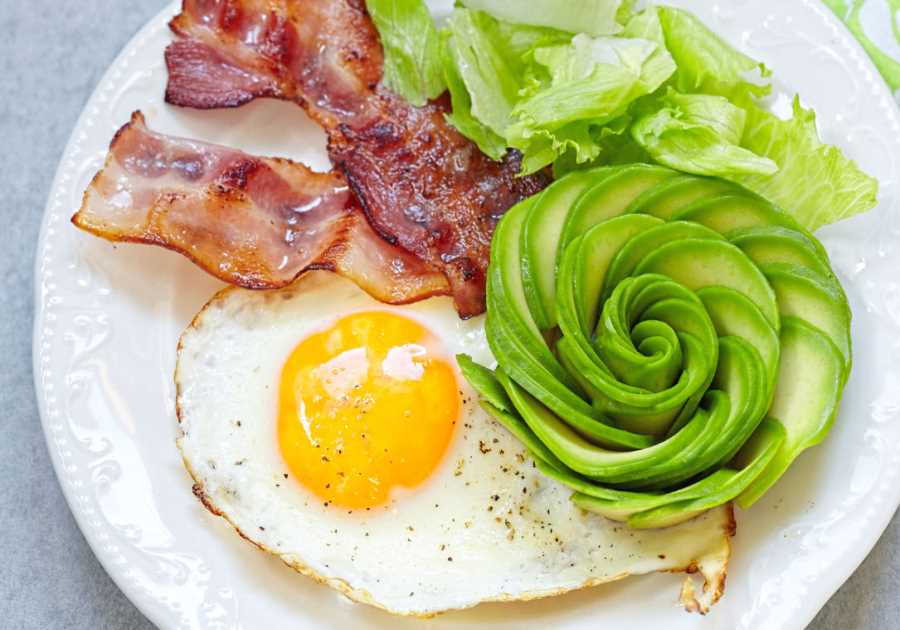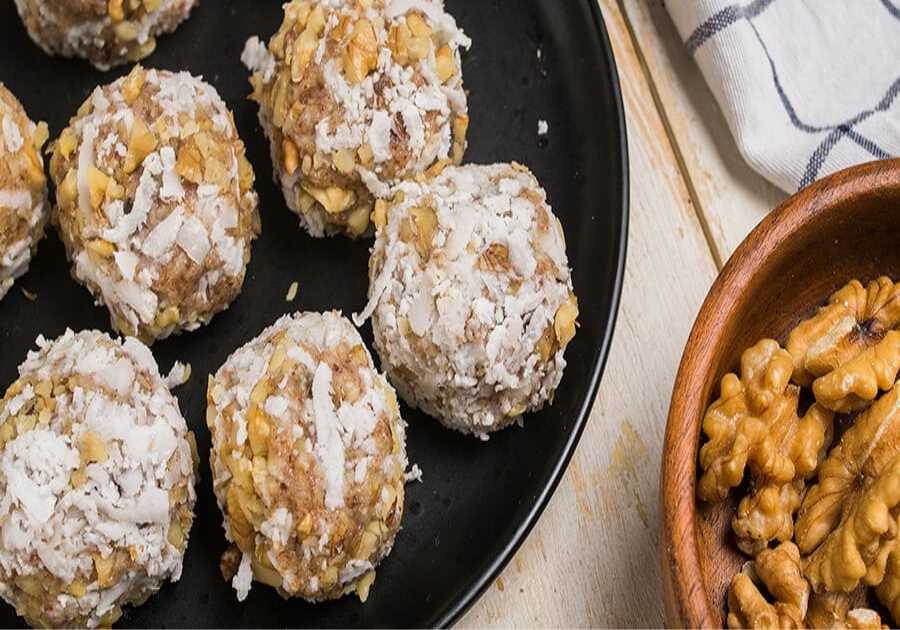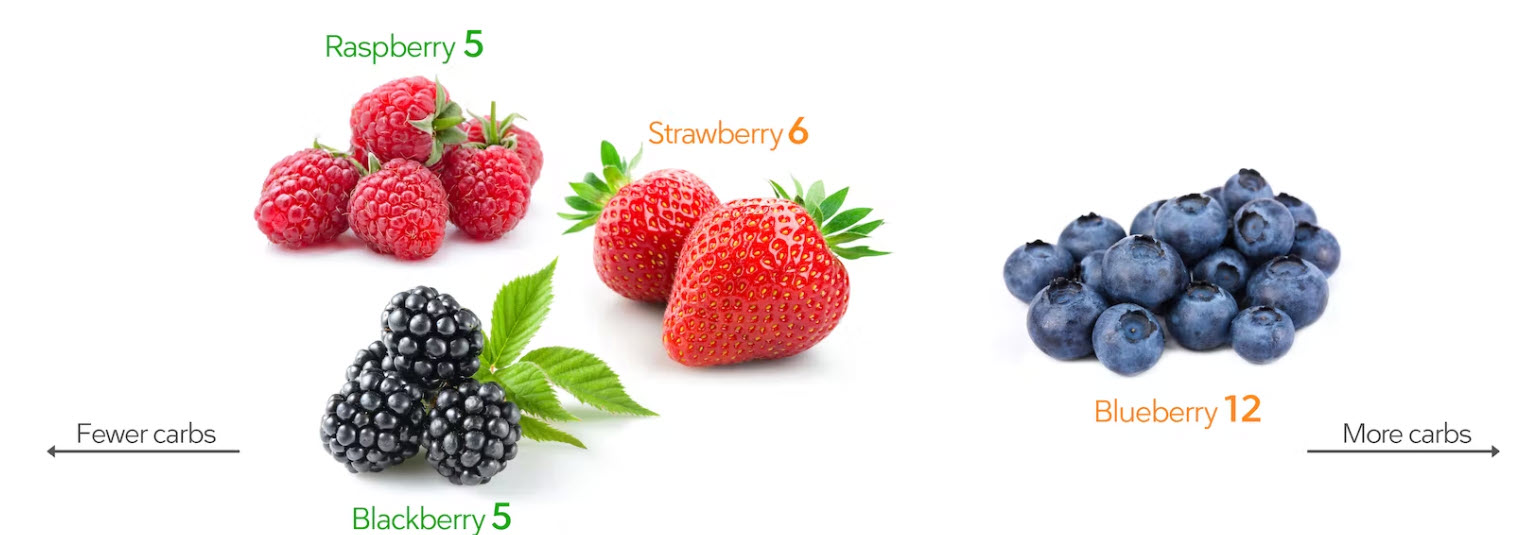
What Fruits Can I Eat on a Keto Diet?
The Keto diet is a low-carb, high-fat diet that has become increasingly popular for its health benefits. While the diet does permit some fruits in limited amounts, many common fruits are off-limits due to their higher carbohydrate content.
Fruits that are allowed on the Keto diet must provide a few enough net carbs to fit into the daily allowance and be sufficiently low in sugar. Berries and watermelon tend to fit these criteria best, but certain varieties of avocado can also meet these restrictions.
Berries such as strawberries, raspberries, blackberries, blueberries, and cranberries have very low net carbs per serving and can easily be part of a Keto diet plan. Eating them alone or with Greek yogurt or whipped cream can make an excellent snack or dessert while providing essential minerals like vitamin C and fiber.
Melons such as watermelon have relatively few carbs per serving yet still provide many essential vitamins and fiber to support a healthy digestion system. They make delicious snacks or desserts that won't leave you feeling guilty about overindulging in sugar or carbohydrates.
Avocado is another option for those looking for a source of healthy fats from plants. Certain varieties, like Hass avocados, are quite low in net carbs, making them suitable for the Keto diet without compromising flavor. Avocado is excellent, sliced up in salads or smeared onto toast with sea salt for an easy meal replacement at any time of day or night!
For those following the Keto diet plan, it’s important to remember other guidelines besides avoiding high carbohydrate fruits like bananas and oranges - consuming plenty of healthy dietary fat sources throughout the day will also help to keep cravings at bay while promoting overall weight loss success!
Acai berries
Acai berries are considered one of the most beneficial fruits on the planet. They are rich in antioxidants, vitamins, amino acids, and minerals. And they're low in calories, fat, and carbohydrates.
The antioxidants in acai may help reduce oxidative stress. Oxidative stress is caused by free radicals, which contain an unpaired electron. These free radicals wreak havoc on the body's cells. Antioxidants prevent free radicals from destroying the cell.
Among the antioxidants found in acai are anthocyanins. Anthocyanins have been shown to help protect against diseases, improve blood flow to the brain, and lower oxidative stress.
Another antioxidant, ellagic acid, is found in acai. This compound helps fight cellular damage and improves the immune system. It also aids in the production of energy.
In addition to antioxidants, acai contains trace minerals, such as zinc, copper, and iron. It is also high in dietary fiber. These nutrients help control blood sugar levels.
Blackberries
Blackberries are one of the best low-carb fruits on the keto diet. They have a high fiber content, which can help you feel full longer.
The blackberry is also a good source of vitamin C. This antioxidant boosts your immune system, improves your skin, and reduces inflammation.
These berries are also a good source of manganese, copper, and potassium. If you eat them mindfully, they may even stabilize your blood sugar.
Blackberries are also a great source of antioxidants and can be used to make low-carb desserts. They can be eaten alone or mixed with other keto diet-friendly foods.
Blackberries are also a good source of vitamin K. Adding a half cup of them to a recipe can boost its nutritional value.
Peaches
Peaches are a good source of antioxidants, protecting your cells from damage. They also have vitamin C, which boosts your immune system. And they're rich in fiber, which can help you feel full longer.
Peaches can be a healthy snack, especially in small portions. A 50-gram serving should be safe for most people. But be sure to eat them with other foods.
Peaches are high in carbohydrates. If you are on a strict keto diet, you might want to avoid peaches entirely.
However, you can find a few keto-friendly ways to enjoy them. For instance, you can use peach extract instead of lemon juice in a smoothie. Or, you can try out a low-carb peach cobbler. These recipes will replace the usual flour with almond flour to lower the carb content.
Tomatoes
Tomatoes are a great low-carb and keto fruit. They contain a wide range of nutrients and can be used in many recipes.
In addition to providing essential vitamins and minerals, tomatoes are rich in antioxidants. These powerful compounds protect your body's organs from disease. For example, they may help reduce the risk of age-related macular degeneration, cataracts, and strokes.
As an added benefit, tomatoes also provide important fiber. This dietary fiber is 87% insoluble and helps regulate blood pressure. It also helps prevent constipation.
The phytochemical lycopene found in tomatoes is an antioxidant that has been studied for its ability to reduce inflammation. Lycopene has also been associated with a lower risk of prostate cancer and coronary heart disease.
The skin of tomatoes contains naringenin, a flavonoid that has been shown to protect against certain diseases. Naringenin is a good source of antioxidants, which can help lower the inflammation associated with many illnesses.
Coconut flakes
Coconut flakes are a fantastic keto fruit. They are a crunchy and delicious topping for many desserts. While they are high in fat and have a rich, creamy texture, they are low in carbohydrates.
One of the best uses of coconut flakes is as a topping for low-carb cookies. The flakes have a slightly sweet, creamy taste.
However, they are also great as a snack. When toasted, they offer a healthy source of energy. They can be stored in the fridge for up to five days.
These chips are low in carbs and easy to make at home. All you need is some chocolate chips and a microwave.
You can make a variety of flavors, including spiced, savory, and FAT FAST. A quick tip is to purchase unsweetened coconut flakes. These are less expensive than keto coconut chips.
Frequently Asked Questions
Can I cheat 1 day on keto?
Exploring options that bend the rules has never been easier. It's easy for information to flow like water. You might be tempted to ask if it's possible to cheat for a few days, while still keeping your healthy streak.
However, the answer may not be what we expect. When it comes to going keto, there is no room for compromise. Strictly following through on your diet will ensure that you reap maximum benefits from the lifestyle and promote long-term sustainability in terms of weight loss and overall health.
Cheating on keto can cause you to lose any progress you have made towards your goals, and may even discourage you from achieving them as quickly as possible. Your body will not respond well to sugary or greasy foods, which can lead to a decrease in ketogenic diet results.
Avoiding that occasional lapse may be harder than adhering to the diet itself at times, so evaluating the level of impact could be key depending on certain factors like age, activity level, hormonal balance, or genetics.
Even though temptation can cloud judgment when making decisions, you ultimately know the best thing for your long-term well-being.
How much fat are you allowed to eat?
Important to ensure adequate essential fatty acids is an important part of a ketogenic eating plan. Healthy fats include avocados, salmon, and nuts such as walnuts. Additionally, you should make sure to include additional fat sources such as butter and olive oil in your diet. These fats provide various health benefits, including improved cognitive function, digestion, and a stronger immune system. It would be best to consume between 25-35% of your calories in fat.
It is important to keep in mind that ketogenic means you must be careful about the fats you are consuming. Saturated and trans fats should be avoided as much as possible, as they can increase your risk for heart disease and other chronic illnesses. Instead, focus your efforts on incorporating healthy fats like olive oil, avocados (nuts), and fattyfish into your daily diet. You will be able to obtain the essential fatty acids as well as other nutrients you need to keep your body healthy and energetic.
Not only should you be careful about what fats you are consuming, but it is equally important to be mindful of your fat intake. Too much fat can lead weight gain. In contrast, too little can cause fatigue or other health issues. Finding a balance that works for you and your lifestyle is key. An app or food journal can be used to keep track of your daily fat intake. This will help you stay on track and ensure you get the right amount of essential fatty acids daily.
A ketogenic diet should not be considered a quick fix for weight reduction. Although this diet may be effective in helping you lose weight for a short time, it does not guarantee that you will eat a balanced diet or get sufficient essential nutrients. Eating too much fat or not enough carbohydrates can lead to nutrient deficiencies and other health issues. You should also consult your doctor before you decide to try the ketogenic diet.
What happens to your body when you cheat on keto?
Cheating on the keto diet can cause unwanted side effects associated with carbohydrate intake. Starchy carbs can cause your blood sugar levels to rapidly rise if you suddenly eat them. Dehydration can result as your cells need to return to homeostasis. The dehydration also results in an electrolyte imbalance due to the lack of essential minerals like sodium and potassium.
These issues are not the only ones. It is common for people who "cheat" on keto to experience digestive discomfort like constipation and diarrhea as a result of their high-carb diet. Although they are usually temporary, these symptoms can be both uncomfortable and disruptive. Additionally, intense cravings resulting from cheat meals may lead people into dangerous cycles of feeling deprived, followed by binging on high-carb foods; thus undoing all the hard work they put in while following the keto diet plan.
Overall, it's important to keep in mind that having an occasional cheat meal or snack won't destroy weeks or months' worth of progress on the keto diet -- as long as you stick within your prescribed net carb limits -- but there will still be consequences for veering away from your meal plan for extended periods.
Statistics
- It typically contains 70% fat, 20% protein, and only 10% carbs (9Trusted (healthline.com)
- One older study found that the ketogenic diet improved insulin sensitivity by a whopping 75% (25Trusted Source (healthline.com)
- When following a ketogenic diet, carb content is between 5–10% of calories consumed, though looser versions of the diet exist (7Trusted Source (healthline.com)
- But, a 1-ounce slice of cheese delivers about 30% of the Daily Value for saturated fat, so if you're worried about heart disease, consider portion size when eating cheese. (eatingwell.com)
- Proteins should account for around 10–30% of energy needs, while carbs are usually restricted to 5%. (healthline.com)
External Links
ncbi.nlm.nih.gov
- The Ketogenic Diet. Evidence for Optimism. But High-Quality Studies Needed – PMC
- PMC: Low-Carb Ketogenic and Low-Carb Diets in Type 1 Diabetes and Type 2 Diabetes
ruled.me
fdc.nal.usda.gov
academic.oup.com
- The effects of diets containing high-fat cheese or high-fat protein on cardiovascular risk markers among overweight postmenopausal ladies: A randomized crossover experiment
- Review of evidence from meta-analyses: Dietary components and cardiovascular disease and all-cause deaths: evidence from diets
How To
How to Know if the ketogenic Diet is Working for You
Start by exploring the benefits. If you have the right diet, your body will be able to function in a healthy and balanced way.
The ketogenic diet may be one option that can provide positive results. But how do you determine if it is working? You need to know how this diet is affecting your lifestyle and health.
Tracking your responses to the diet plan is one way to do this. Consider how much energy you feel throughout the day. Do you feel fuller longer after meals? Has your digestion improved? Does your sleep quality improve or decrease? Do some activities cause more discomfort than others?
These are important considerations. Consider what outstanding issues need addressing and track those particular points as a priority - see if there are improvements over time according to your individual needs. In addition, monitor any metabolic changes within the body, such as cholesterol and blood sugar levels; these can indicate whether or not the ketogenic plan is helping you reach your desired objectives.
Finally, check in on body composition, too - have there been any noticeable changes in fat loss and muscle gain? The ketogenic diet can be beneficial if you experience slow but steady progress over time.

